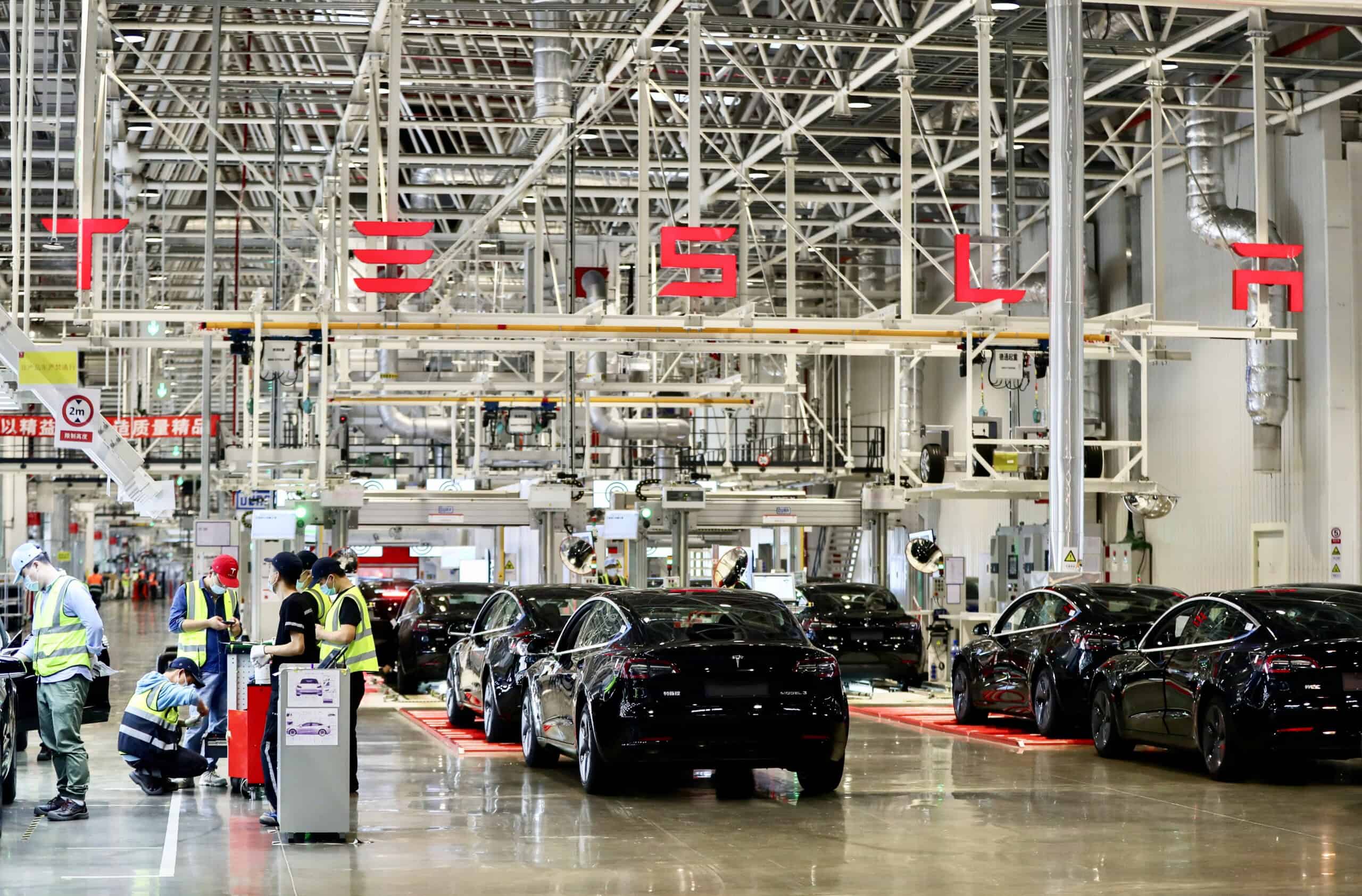Good evening. Can we stop the world from warming 2 degrees above pre-industrial levels? It’s not looking good, and in a new series from The Wire, we’re exploring how the U.S. and Chinese governments have begun preparing to adapt to worst-case scenarios of transformative climate change — and how these preparations are quietly shaping the bilateral relationship on a range of issues. Indeed, with U.S.-China tensions exacerbating the climate crisis — as our first installment this week shows — the climate crisis is in turn accelerating geopolitical competition. A new category of great power rivalry is thus emerging — not a Cold War, but a Warming War.
Elsewhere, we have infographics on Trump’s tariffs, asking if it’s time for them to go; an interview with Courtney J. Fung on how China is crafting global governance in cyberspace; a round-up of the best new China books; and an op-ed about how Xi Jinping uses history to secure the future of the Chinese Communist Party’s rule. If you’re not already a paid subscriber to The Wire, please sign up here.
Want this emailed directly to your inbox? Sign up to receive our free newsletter.
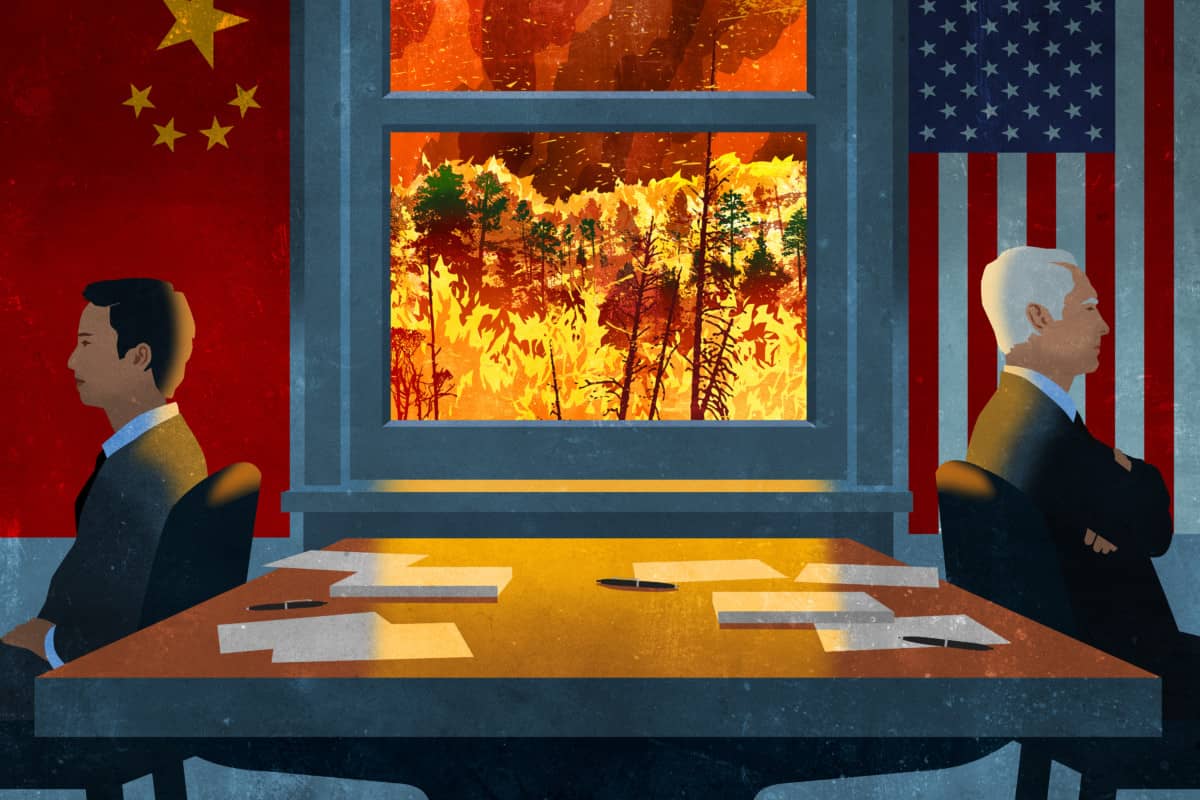
The Warming War: The Diplomatic Deadlock
For decades, climate change has been framed as a crisis that the international community needs to solve — and which it could solve if world leaders would only muster the political will to cooperate and share the burden. But as Eyck Freymann reports in the first installment of our new series — “The Warming War” — the bonhomie of climate conferences and climate diplomacy masked a ferociously competitive geopolitical tug-of-war. Today, with China and the United States locked in an intensifying rivalry, the geopolitical aspects of climate diplomacy are bursting into view like never before.
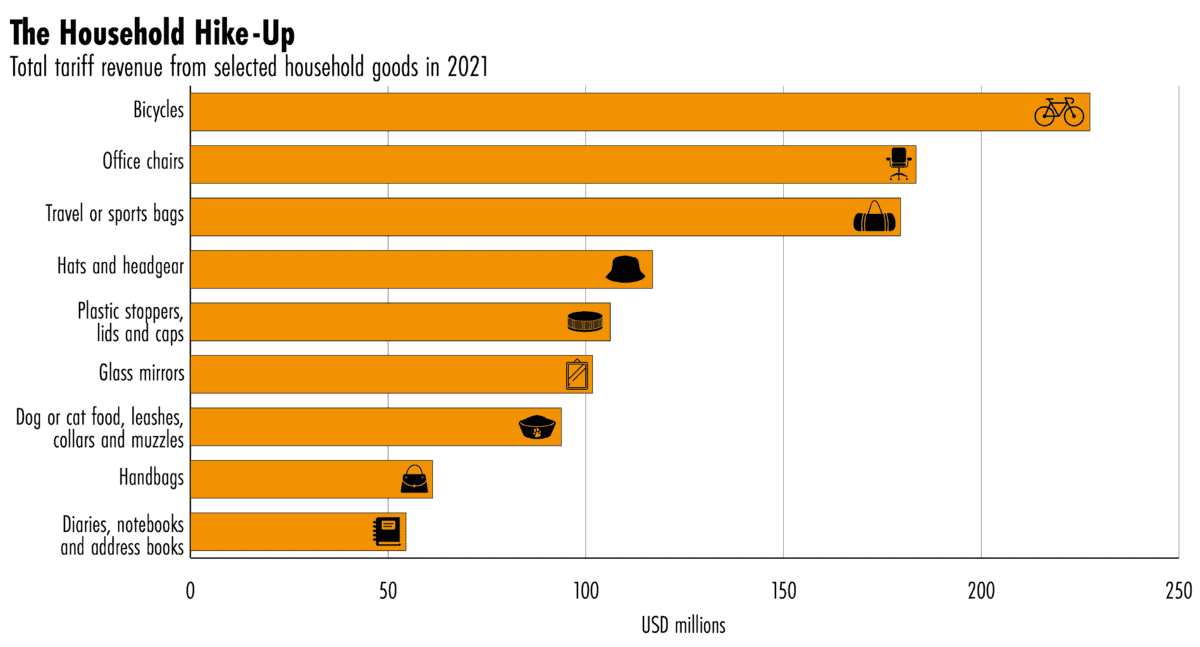
The Big Picture: Tariffs — Time to Go?
President Biden’s team has turned its attention to one of the cornerstones of his predecessor’s China policy as it battles soaring inflation — the tariffs that target hundreds of billions of dollars worth of Chinese imports, ranging from photosensitive semiconductors to dog food. This week, our infographics by Garrett O’Brien look at the cost of the tariffs, what imports have been hit the hardest, and how they have impacted the cost of everyday household goods — and ask whether they have achieved their goal of changing China’s trade practices.
A Q&A with Courtney J. Fung

Courtney J. Fung is a scholar who researches global governance and international security, with a major focus on the role of China. Currently an associate professor in the Department of Security Studies & Criminology at Macquarie University in Australia, she has previously held academic roles at the University of Hong Kong and carried out postdoctoral research at Harvard University. In this week’s Q&A with Alice Politi, she talks about China’s concept of cyber sovereignty and its growing influence crafting global governance in cyberspace through multilateral organizations such as the UN.
Courtney J. Fung
Illustration by Lauren Crow
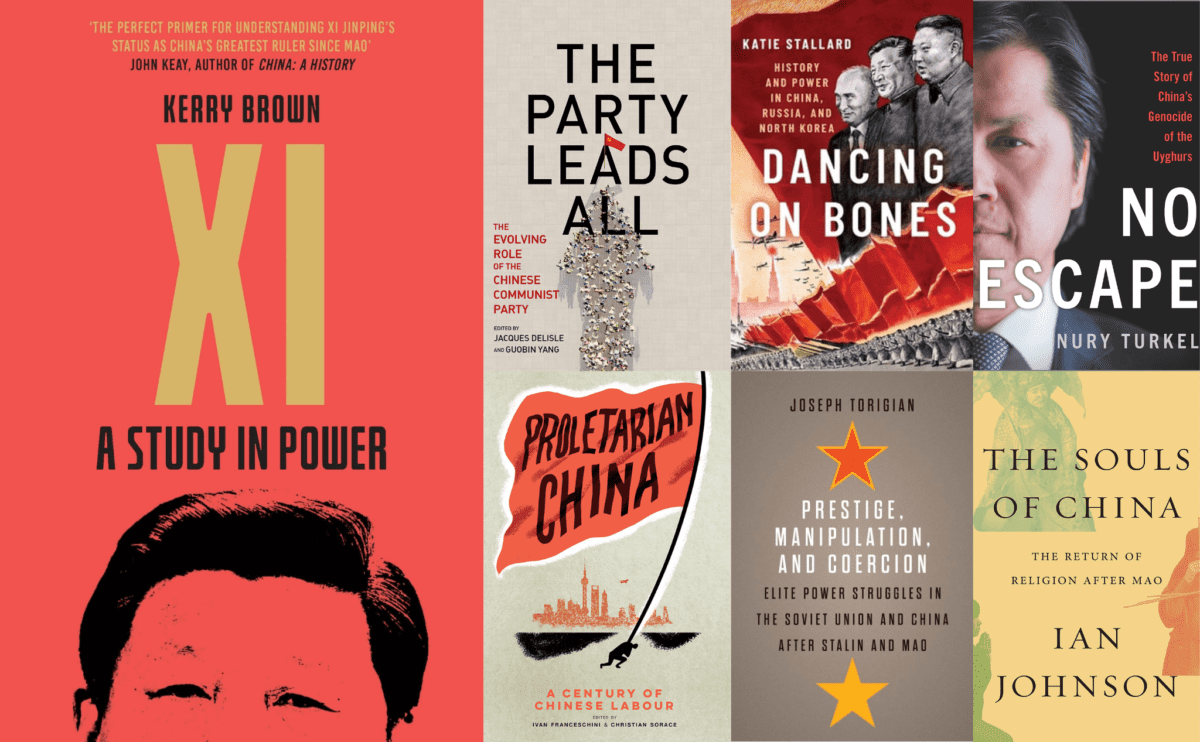
Books for the Year of Xi Jinping
Not since the sixties has the mind of one man been so critical to China’s political direction. Which is why in this week’s round up of the best new China books, Alec Ash recommends reading up on Xi’s past so as to be prepared for the future.
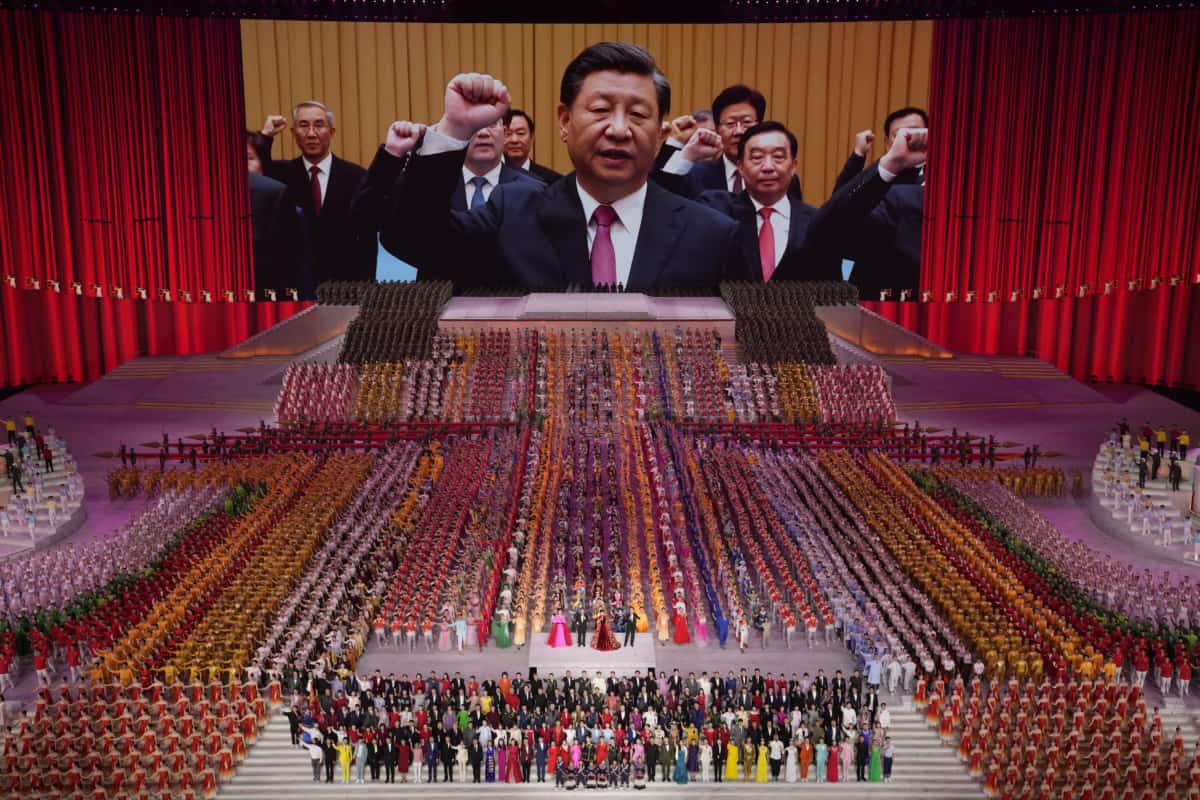
History Man
Xi Jinping is obsessed with history: his place in it, the power of the past to shore up support for the Chinese Communist Party’s rule, and why it must, therefore, be kept under firm control. In this week’s op-ed, Katie Stallard lays out why history is a powerful resource for the Communist Party, and how Xi plans to use it.
Subscribe today for unlimited access, starting at only $19 a month.


